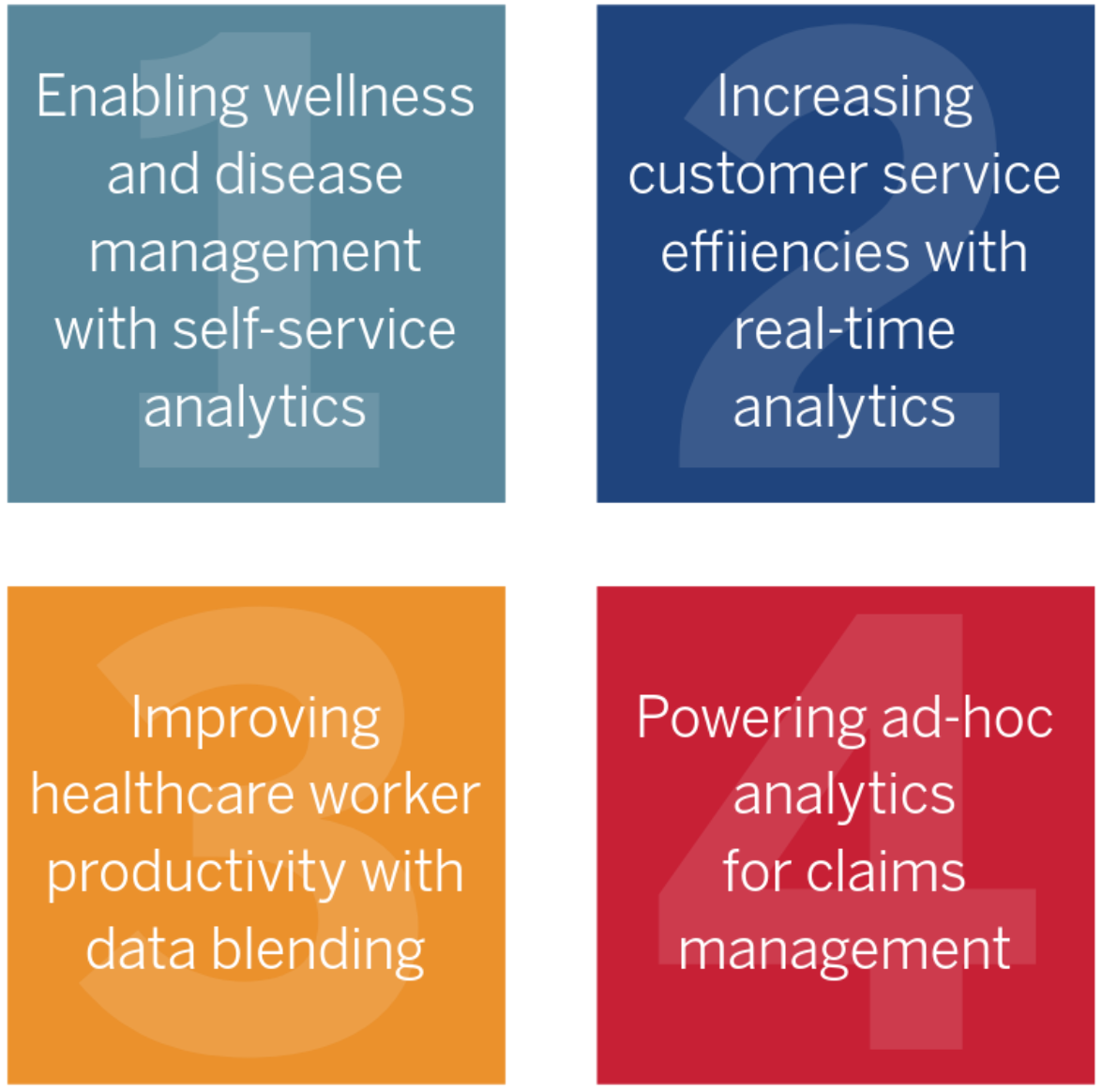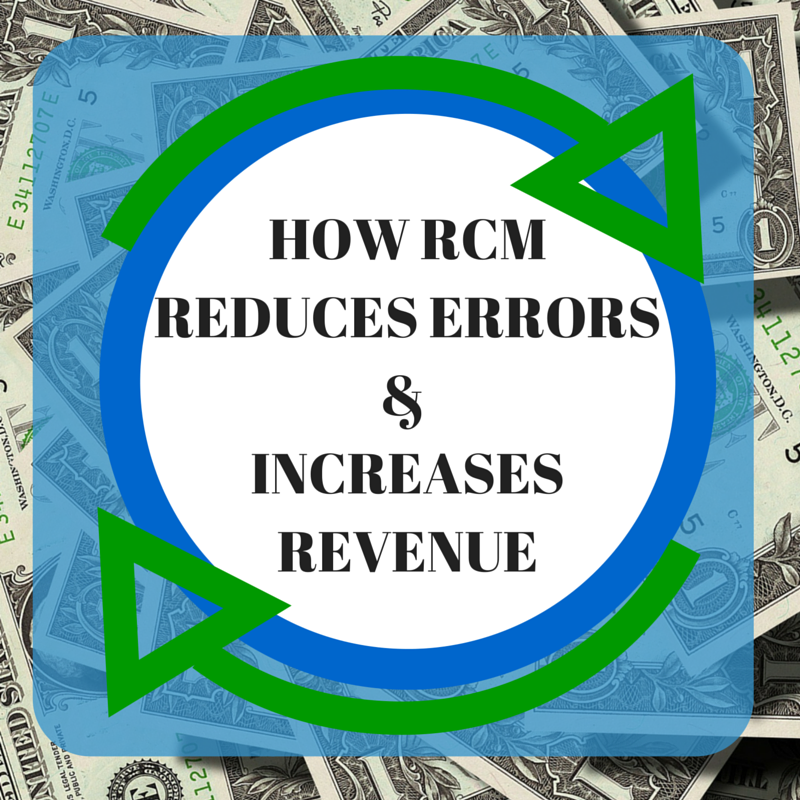Survey Finds: 20% of Physicians Prefer Hospital Employment
The AMA's latest National Economic Impact of Physicians report provides data that can be used by key health care policymakers, legislators and thought leaders. It also demonstrates how physician practices both ensure the health and well-being of communities as well as support local economies and enable jobs, growth and prosperity.








